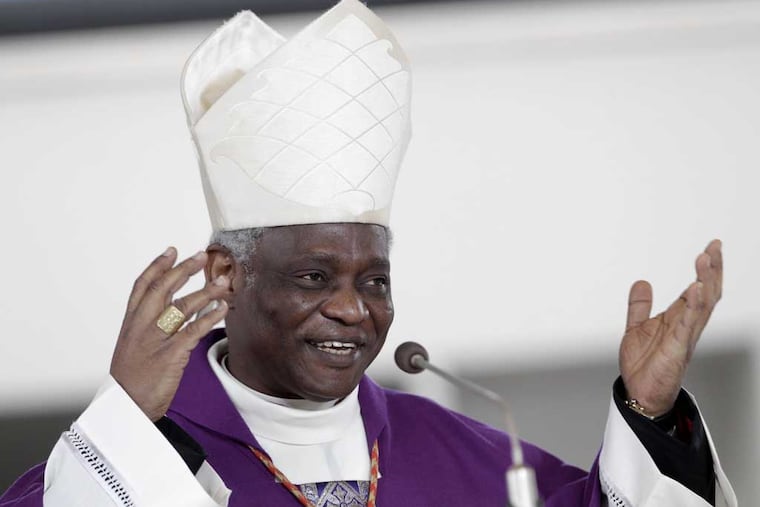Call for Appointment of Black Pope in Catholic Church Long Overdue
Gerald Davis and his family had the distinguished honor of participating in the offertory during a Mass led by Pope Francis at the Cathedral Basilica of Sts. Peter and Paul in 2015. Reflecting on that moment nearly a decade later, Davis expresses a sense of wonder, particularly about the future of the Catholic Church following the recent passing of the 83-year-old pontiff. With the Church at a pivotal juncture, conversations have begun regarding the possibility of selecting a person of color to lead it.
Davis, who serves on the Archbishop’s Commission on Racial Healing in Philadelphia, articulated a sentiment shared by several within the church community. He emphasizes the need for representation that mirrors the Church’s growing diversity. The demographic landscape of Catholicism is shifting, with significant growth noted in regions such as Africa, where approximately 20% of all Catholics worldwide reside according to Vatican statistics. This demographic evolution raises questions about leadership at the highest levels of the Church.
In the context of the global socio-political climate, particularly in the United States—where diverse voices often face challenges—naming a Black pope could serve as a powerful and symbolic act of inclusivity. Such a decision would communicate to the faithful that the Catholic Church is attuned to the importance of diversity within its leadership. The significance of this shift is not lost on many, as it would resonate beyond national boundaries, reflecting a commitment to equity that is growing increasingly vital across the globe.
While historically there have been popes with possible connections to North Africa, the last papal figure from that region dates back over a millennium. Given the Church’s professed commitment to growth and adaptation, the selection of a leader from Africa or another underrepresented region may not only be a pragmatic choice but also an ideological one.
Several African cardinals are considered viable candidates for the papacy, including Cardinal Peter Kodwo Appiah Turkson of Ghana, who has recently advocated against the criminalization of homosexuality, and Cardinal Fridolin Ambongo Besungu, the archbishop of Kinshasa. Additionally, figures like Cardinal Wilton Gregory, the first African American cardinal, symbolically represent the changing tide of church leadership.
The selection process for the next pope remains enigmatic, influenced by numerous factors and internal dynamics. As the Catholic Church approaches this crucial period, voices like Davis’s echo a collective hope for a leader who reflects the diversity of the global faithful. The year 2025 could prove to be a transformative moment, signifying a shift toward a more inclusive and representative papacy that aligns with the Church’s evolving identity in a diverse world.
Media News Source







